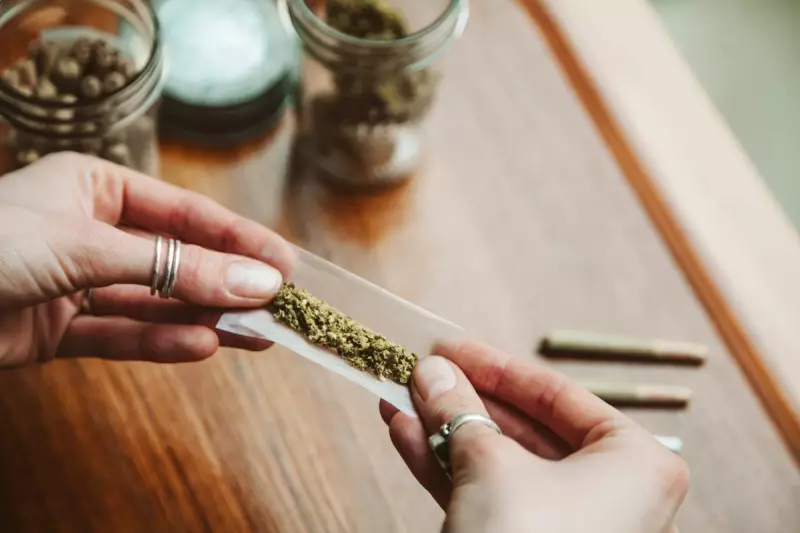
As cannabis legalisation spreads across America, a dangerous misconception continues to gain traction: the belief that marijuana isn't addictive. Addiction psychiatrist Dr. Smita Das from Stanford University regularly encounters this myth in her practice.
"Cannabis is definitely something that someone can develop an addiction to," Das confirms, pointing to the rising cases of cannabis use disorder affecting approximately 3 in 10 people who use the drug, according to the U.S. Centers for Disease Control and Prevention.
The potency problem driving addiction rates
Modern cannabis bears little resemblance to the milder versions available decades ago. During the 1960s, most marijuana contained less than 5% THC - the psychoactive component that produces the high. Today's products available in dispensaries can contain 40% THC or more, according to the National Institute on Drug Abuse.
"The more that somebody uses and the higher potency that somebody uses, the higher the risk of that," Das explains, noting the direct correlation between increased potency and rising addiction rates.
Recognising cannabis use disorder symptoms
Healthcare professionals diagnose cannabis use disorder using the same criteria as other substance use disorders outlined in the Diagnostic and Statistical Manual of Mental Disorders. Key indicators include needing more of the drug to achieve the same effect, experiencing withdrawal symptoms, and spending excessive time obtaining or using cannabis.
"When we break it down into these criteria that have to do with the impacts of their use, it's a lot more relatable," Das notes. The most significant red flags emerge when cannabis begins interfering with daily life, health, or relationships.
Treatment and support pathways
Contrary to popular belief, effective treatments exist for cannabis use disorder. Dr. Das recommends several approaches including motivational interviewing, which helps people find internal motivation to change behaviour, and cognitive behavioural therapy (CBT) that addresses negative thought patterns.
Peer support plays a crucial role in recovery. Dave Bushnell, 60, founded a Reddit community 14 years ago for people struggling with cannabis dependency. The group now boasts 350,000 members and continues growing. "This is potheads taking care of potheads," Bushnell explains, highlighting the comfort many find in online support when in-person meetings feel intimidating.
As Das emphasises, "just because something's legal doesn't mean that it's safe." With cannabis use disorder affecting 7% of Americans aged 12 or older according to the latest National Survey on Drug Use and Health, recognising the signs and seeking appropriate help becomes increasingly important.






